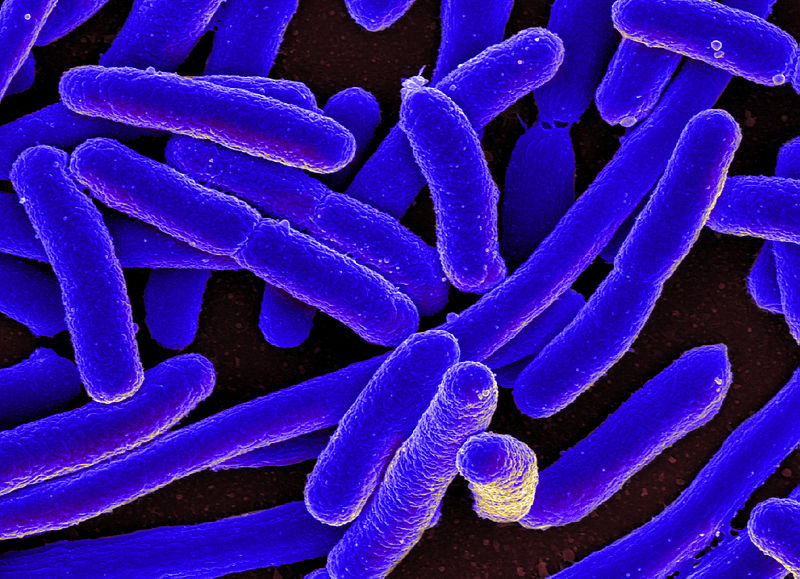DR-337 Connecting telomere dysfunction, tumorigenesis and cancer evolution using short-read DNA and RNA sequencing data
The Barthel lab uses advanced sequencing and molecular approaches to study the development and evolution of brain tumors. We have several translational and basic science research projects in this field. Telomeres are repetitive DNA sequences at the end of chromosomes. Telomeres shorten with each cell division. When telomeres become too short, as often the case in cancer, they become dysfunctional. Dysfunctional telomeres are a catalyst for large structural DNA mutations. We will use DNA and RNA sequencing data from Hartwig Foundation dataset to characterize the consequences of telomere dysfunction in human tumors. More specifically, we will develop an algorithm to detect fused telomeres or otherwise improperly oriented telomeric repeats from paired-end short DNA reads. RNA sequencing will be used to determine if said rearrangements are impacting the transcriptome. Finally, by relating our findings to patient clinical data, we will evaluate the impact of telomere dysfunction on tumor grade and patient outcome.
Floris Barthel, The Translational Genomics Research Institute (TGen), USA
Terug naar nieuwsMeer nieuws

Deelname aan GENAYA, hoe werkt dat voor de patiënt?
Rhodé Bijlsma, internist-oncoloog in het UMC Utrecht: “De patiënt wordt voorgelicht en geeft dan toestemming voor deelname. Daarna nemen we …

Onderzoek gepubliceerd in Nature: Darmbacterie kan kanker veroorzaken
Onder Hans Clevers, hoogleraar in de moleculaire genetica en stamcelonderzoeker aan het Hubrecht instituut en Ruben van Boxtel, hoofdonderzoeker bij Princess …

“DNA test is te verkiezen boven testen van genpanels – gezondheidssysteem moet worden aangepakt”
The New England Journal of Medicine heeft op 28 november 2019 een artikel gepubliceerd van Jyoti Nangalia, Ph.D. en Peter J. Campbell, …

Een complete DNA-test biedt bij patiënten met PTO de extra mogelijkheid om erachter te komen waar de kanker is begonnen. Hierdoor wordt vaak de primaire tumor toch gevonden. Daarnaast geeft de test vaak aanknopingspunten voor een gerichte behandeling.